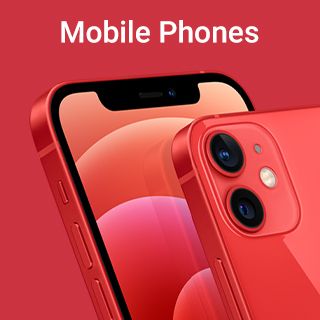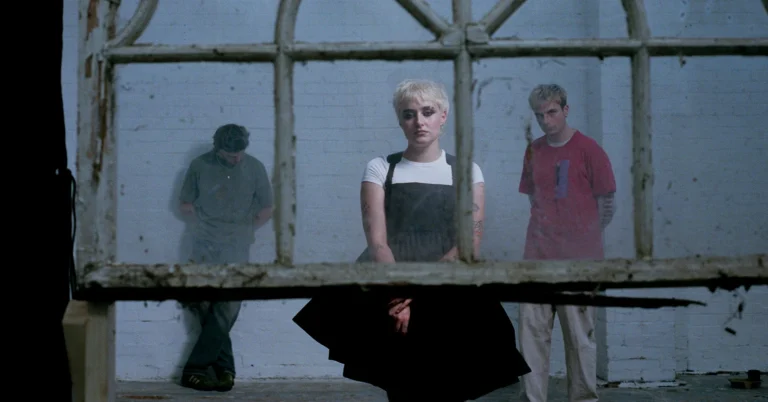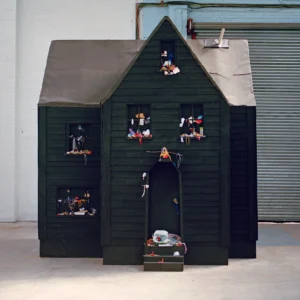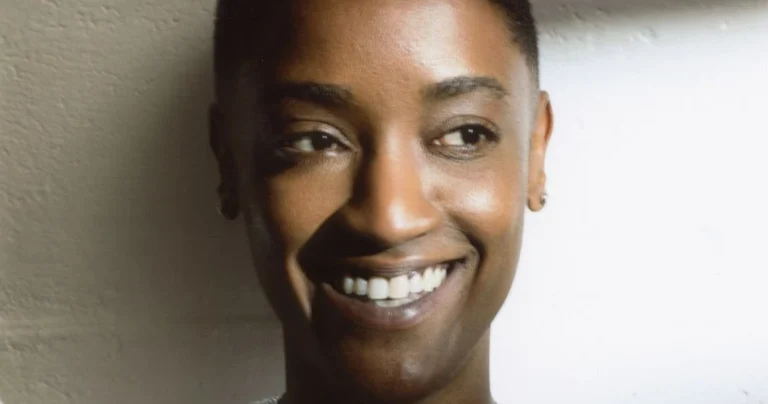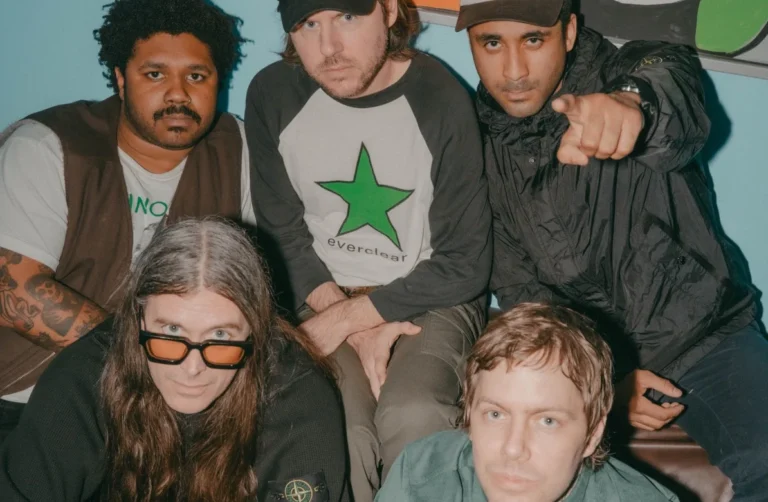Ever log in to Final Fantasy XIV, glance at that shiny new Dawntrail job sitting at level 1, and feel the dread of a hundred empty EXP bars? You’re not alone. Between the Main Scenario Quest, roulettes, tribe dailies, deep dungeons, and a dozen other side hustles, figuring out the smartest way to level up fast in FFXIV can feel tougher than any savage raid. The good news? You don’t need to grind mind-numbing mobs for hours or sacrifice your entire weekend. You just need a game plan that stacks every hidden bonus, picks the right activities for each level bracket, and squeezes extra XP out of moments you’d usually spend waiting in queue. Whether you’re a fresh sprout racing to the level-100 cap or a longtime vet power-leveling yet another alt, this guide breaks down the cleanest routes, sneakiest tricks, and time-saving hacks that the speed-runners and boosting services use every day—so you can hit max level, gear up, and jump into the real fun while everyone else is still clearing their duty list.
How Simpleboost can help you to get everything you want!
Imagine logging into Eorzea after a long day, craving a fresh set of crafted gear, only to find your coin purse emptier than a freshly farmed Hunt zone; that’s where our convenient FFXIV gil for option steps in, offering a brief description: a quick, safe, in-game delivery of Gil; here’s how it works: you place the order through your account dashboard, choose a hand-to-hand trade or market-board transfer, and a seasoned courier meets you at the agreed time to drop the full amount in seconds; the snag most Warriors of Light face is that earning the same sum on their own is surprisingly tough, because rare-loot prices swing wildly, competition for lucrative nodes is fierce, and real-world obligations rarely leave room for marathon farming sessions; the reward for skipping that grind is huge—you stride into dungeons wearing best-in-slot gear, craft high-tier consumables for raid night, and still have plenty left over for housing décor and glamour plates; our service solves the problem by shouldering the tedious gathering, shielding you from market-board stress, and letting you focus on the real reason you log in: tackling epic quests with friends, forging memories in savage raids, and enjoying every corner of Eorzea without counting every last Gil.
Why Speed-Leveling Matters in Dawntrail
Dawntrail raised the level cap to 100 and added sprawling new zones, dungeons, and Hunts. Finishing the Main Scenario Quest (MSQ) still unlocks everything important, but pushing multiple jobs to cap quickly means earlier access to raid gear, tribe quests, and lucrative Hunt trains. Producer Naoki Yoshida has even hinted that the team is re-thinking vertical progression after 100, so the faster you finish now, the sooner you can start banking the next system’s rewards.
Stack Every Passive EXP Bonus First
| Bonus | % Gain | How to Activate | Notes |
| Armory Bonus | +100 % below your highest-level combat job | Have at least one job above the job you’re leveling | Biggest boost for alt jobs |
| Rested | +50 % on mobs, gathering, crafting | Log out in a Sanctuary (city-state, inn, or major outpost) | Banks up to 1.5 levels |
| Food | +3 % all sources | Eat any food item (even a 5-gil Boiled Egg) | Refresh to keep 60-min uptime |
| Free Company Action – Heat of Battle III | +10 % kills | Join an FC that rotates buffs daily | FC buffs stack with all others |
| Preferred World (Road to 90) | +100 % to Lv. 90 for 90 days | Create or transfer to a Preferred world | Great for fresh characters |
Pro tip: Pop all of these before you queue—especially useful if you’re paying for a power leveling service, because time = money.
The Golden Rule: Ride the MSQ, Then Supplement
The MSQ alone will carry a first-time character to each expansion’s entry dungeon. Always finish story quests first, then fill the gaps with the activities below.
Levels 1-30 – Turbo-Start Options
- Guildhest & Leveling Roulettes (Daily) – The payout is front-loaded XP. Do them once per day.
- Palace of the Dead (PotD) floors 1-50 – Opens at Lv 17 and ignores gear. Great during long DPS queues.
- Challenge Log – Unlock “Rising to the Challenge” at Lv 15; complete 3 Dungeons, 5 FATEs, etc., for a giant weekly burst.
Levels 30-60 – Heavensward Sprint
- Dungeon Spam With Duty Support – Tanks/Healers get insta-queues; DPS can run PotD 51-60 if queues drag.
- Daily Hunts (ARR & HW) – Each mark is quick and pays gil plus XP; you also stock Allied Seals for glamour.
- Wondrous Tails Prep – Grab the book at Lv 60, fill nine stickers, but hold the hand-in until your next job hits Lv 60 for a free half-level or more.
Levels 60-70 – Stormblood Sky-rocket
- Heaven-on-High (HoH) floors 21-30 – Queue, clear, reset; about 8–10 runs to span the bracket.
- Clan Hunts & Stormblood FATEs – Chain in Yanxia and Azim Steppe while waiting on HoH pops.
- Daily Roulettes – Leveling, Trials, Alliance Raid; the “Main Story” roulette is huge if available.
Levels 70-80 – Shadowbringers Glide
- Shared FATE Farming in the First – Each FATE pays gemstones and roughly 500 k XP at these levels.
- Trust System Alt-Runs – If you’re new to tanking, take NPCs to avoid human judgment while learning pulls.
- Pixie Daily Tribe Quests – 4 mil XP for 10 minutes’ work.
Levels 80-90 – Endwalker Launchpad
- Bozjan Southern Front & Zadnor – Critical Engagement chains remain top-tier, especially for DPS
- Eureka Orthos floors 21-30 – 29 runs = 81-90; gear-agnostic and queue-free.
- Arkasodara Tribe Quests – Another painless daily 4 mil XP source.
Levels 90-100 – Dawntrail Power Climb
MSQ Side-Quest Trick: Many blue-marker quests at Lv 90 reward 200-300 k XP. Knock out a handful each time you port to a new settlement; you’ll fill bars passively.
Weekly & Daily Burst Mechanics
- Wondrous Tails – 9 seals = ~50 % of a level; two lines add extra loot; cash out on your lowest job.
- Challenge Log – 5 FATEs = 1.6 mil; 3 Dungeons = 1 mil; resets Tuesday 08:00 GMT.
- Series Malmstones (PvP) – Crystalline Conflict Season XP is decent and awards glam tokens.
- Occult Crescent (Field Operation) – Not for job XP, but its Knowledge currency feeds relic progression and supplements tomestones.
Deep Dungeons vs. Traditional Dungeons
| Mode | Pros | Cons |
| Palace/HoH/Orthos | Solo-friendly, no gear checks, scaled EXP | Repetitive layout, limited loot |
| Duty Finder Dungeons | Highest EXP/hr with FC buffs, social | Gear upkeep, queue times for DPS |
| Paid Power-Leveling Services | Zero personal time investment | Real-money cost; vet providers carefully to avoid TOS risks |
If you plan to buy FFXIV boosting or power leveling, compare hourly rates to your server’s gil value, check reviews, and insist on live tracking. Reputable sites like Onlyfarms advertise Bozja clears and Hunt trains specifically for Dawntrail.
Micro-Efficiency Hacks
- Log out in the inn every night to top up Rested.
- Queue roulette at 23:55 server time, then again after reset — double daily bonuses.
- Sync FATE trains with dungeon queues; you’ll earn XP instead of staring at the duty window.
- Use squadron manuals (Grand Company) for an extra +15 % kill XP if you’re solo farming.
- Carry 99 cheap foods so the +3 % buff never drops mid-pull.
Keep Gear Current (But Don’t Over-Spend)
Swap to the highest item-level quest or dungeon drop each tier; Poetics sets at Mor Dhona (Lv 50), Idyllshire (60), Rhalgr’s Reach (70), Eulmore (80) and Radz-at-Han (90) keep you raid-ready for zero gil.
Putting It All Together – A One-Day 0-to-100 Roadmap
- Morning: MSQ until Lv 20 → unlock PotD, run 1-50 while queuing Leveling roulette.
- Afternoon: MSQ to Ishgard → spam Leveling +duty support dungeons, finish first Wondrous Tails book.
- Evening: Unlock HoH → run 21-30 loops to Lv 71 → Shadowbringers zones FATE train to 80.
- Day 2: Finish Endwalker MSQ → Alternate Bozja CE chains and roulettes to 90.
- Days 3-4: Dawntrail story + daily Hunts + roulettes → 100; bank extra Wondrous Tails to power your next alt.
Time-investment estimate: 20-24 active hours if you’re motivated, or half that by hiring a FFXIV power leveling service for the repetitive grinds.
Final Thoughts
Leveling fast in Final Fantasy XIV is less about grinding 24/7 and more about layering bonuses, timing dailies, and choosing the right content for each level band. Follow the playbook above and you’ll cap your main—and any alts you fancy—long before the next relic step or savage tier drops. And if life gets busy, that’s what reputable boosting options are for.
Now go grab your Hunt bills, pop a Boiled Egg, and queue that Leveling roulette—see you at 100!

